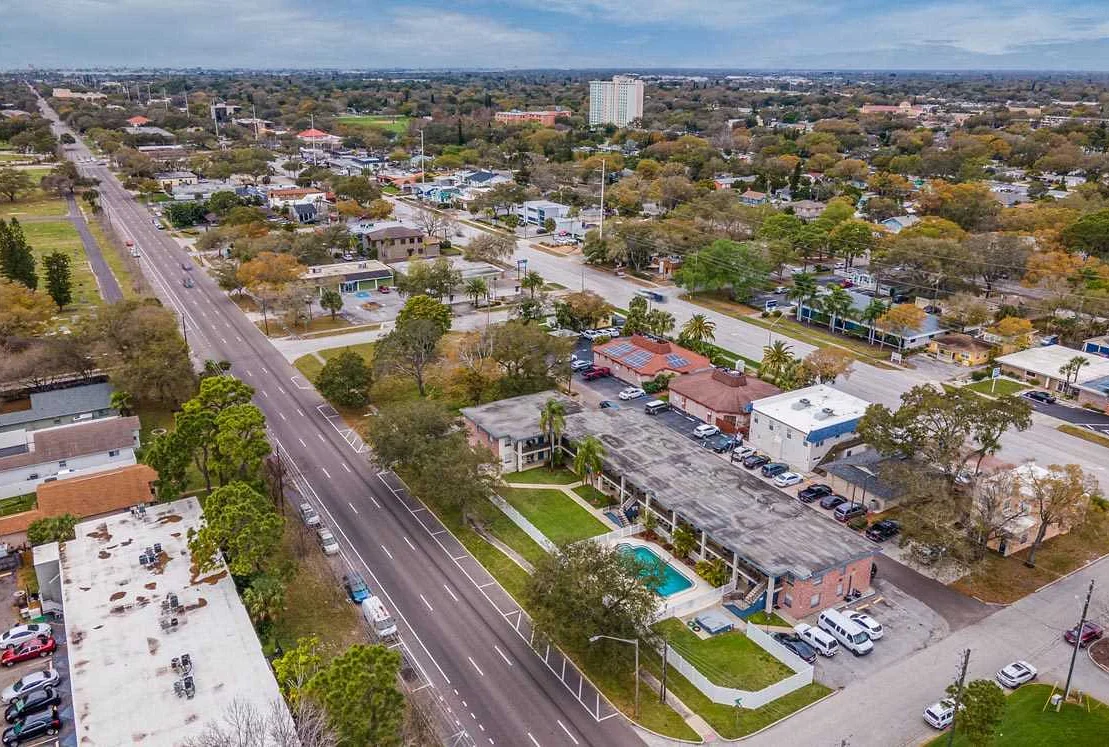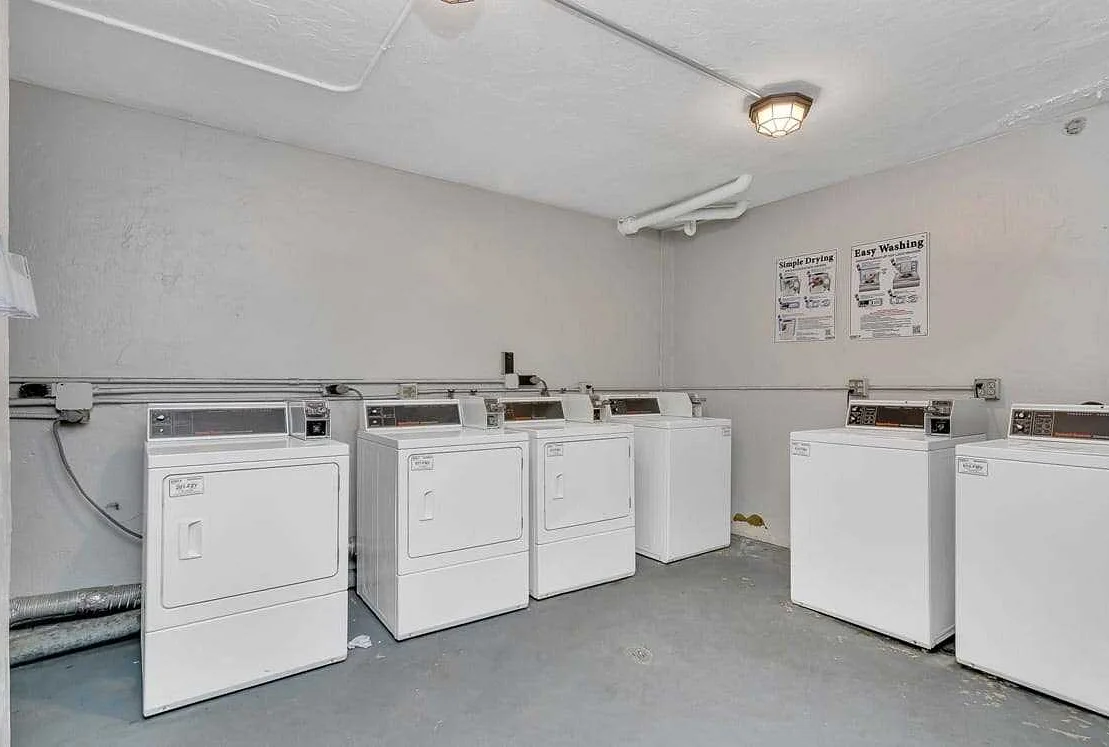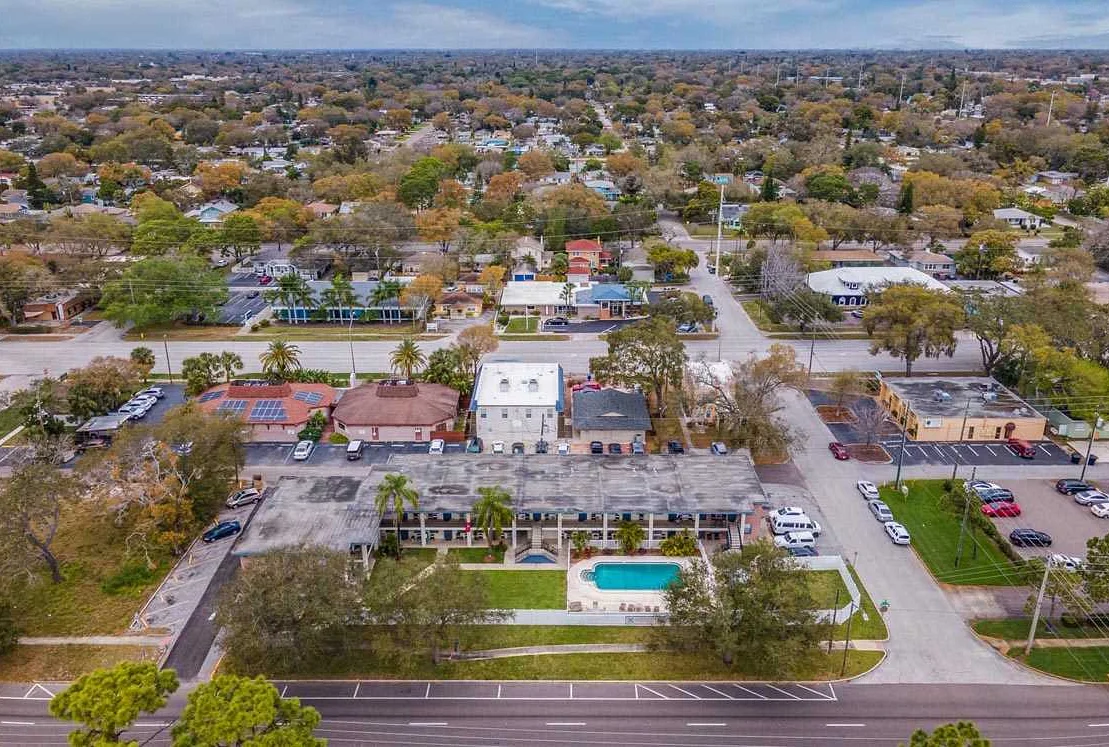St. Petersburg’s Lack of Readiness for Opening Sobering Stations
Find out why St. Petersburg is not prepared to open sobering stations and the potential impact on the city’s residents and public safety.
St. Petersburg, the cultural capital of Russia, is known for its picturesque canals, stunning architecture, and vibrant nightlife. However, the city’s lack of sobering stations is becoming a cause for concern among locals and visitors alike.
Sobering stations, also known as drunk tanks, are facilities where individuals who are intoxicated can be safely held until they sober up. These stations provide a controlled environment for individuals to sleep off the effects of alcohol, ensuring that they do not pose a danger to themselves or others.
Unfortunately, St. Petersburg currently does not have any dedicated sobering stations. This means that individuals who have had too much to drink are left to wander the streets, potentially putting themselves and others at risk. Without a safe place to sober up, intoxicated individuals are more likely to engage in risky behaviors or become victims of accidents or crimes.
This lack of sobering stations is particularly concerning given the city’s thriving nightlife scene. St. Petersburg is home to numerous bars, clubs, and pubs, attracting both locals and tourists looking to enjoy a night out. While the city has made efforts to address alcohol-related issues by increasing police patrols and implementing stricter DUI laws, the absence of sobering stations remains a significant gap in the city’s safety infrastructure.
St. Petersburg’s Sobering Stations: An Urgent Need for Safety

In St. Petersburg, the lack of sobering stations poses a significant safety concern for both individuals struggling with alcohol addiction and the community as a whole. Sobering stations serve as a crucial resource for those who are intoxicated and in need of a safe place to sober up.
Without these stations, individuals who are heavily intoxicated may be left to wander the streets, putting themselves at risk of accidents, injuries, or even becoming victims of crime. Additionally, the absence of sobering stations means that there is no professional help readily available to assess the individual’s condition and provide appropriate medical assistance if needed.
Sobering stations play a vital role in ensuring the safety and well-being of both the individuals in need and the community. They provide a temporary refuge for those under the influence of alcohol, preventing them from engaging in potentially dangerous or harmful activities while intoxicated. These stations are typically staffed by trained professionals who can monitor the individual’s condition, offer support, and ensure their safety until they sober up.
Furthermore, sobering stations also help alleviate the burden on emergency medical services and law enforcement. By providing a designated facility for individuals to sober up, emergency services can focus their resources on more critical cases, reducing response times and ensuring that those in need receive swift medical attention.
It is essential for St. Petersburg to recognize the urgent need for sobering stations and take immediate action to implement them. By doing so, the city can proactively address the safety concerns posed by the lack of these facilities and provide a much-needed resource for individuals struggling with alcohol addiction.
In conclusion, St. Petersburg’s lack of sobering stations presents a pressing safety concern that requires immediate attention. These stations play a vital role in ensuring the well-being of individuals struggling with alcohol addiction and the safety of the community as a whole. It is imperative that the city takes action to establish these facilities and provide a safe haven for those in need.
The Absence of Dedicated Facilities for Sobering Up in St. Petersburg

The lack of dedicated facilities for sobering up in St. Petersburg poses significant safety concerns for both individuals and the community as a whole. As a major city with a vibrant nightlife scene, St. Petersburg attracts visitors from all over the world who may engage in excessive alcohol consumption.
Currently, when individuals become intoxicated and need a safe place to sober up, there are limited options available to them. Unlike many other cities, St. Petersburg does not have dedicated sobering stations or facilities where individuals can go to rest and recover under proper supervision.
Without these dedicated facilities, individuals who are intoxicated may find themselves in potentially dangerous situations. They may attempt to navigate the city streets while impaired, increasing the risk of accidents and injury. Additionally, individuals who are unable to find a safe place to sober up may become vulnerable to exploitation and other forms of harm.
The absence of dedicated sobering stations also places a burden on emergency services and healthcare facilities. When individuals who are intoxicated require medical attention, they often end up in hospital emergency rooms, tying up resources that could be better utilized for other critical cases.
Implementing dedicated facilities for sobering up in St. Petersburg would provide a much-needed resource for individuals who find themselves in need of a safe place to recover from excessive alcohol consumption. These facilities could offer a secure environment where individuals can rest, receive medical attention if necessary, and ultimately sober up under professional supervision.
| 1. Ensuring the safety of individuals who are intoxicated and preventing them from engaging in risky behaviors. |
| 2. Reducing the strain on emergency services and healthcare facilities by providing an alternative option for individuals in need of sobering up. |
| 3. Offering a supportive environment where individuals can receive medical attention, if necessary, and access resources for addressing alcohol-related issues. |
| 4. Promoting community safety by reducing the likelihood of accidents, injuries, and other alcohol-related incidents. |
By addressing the absence of dedicated facilities for sobering up in St. Petersburg, the city can take strides towards improving the safety and well-being of both its residents and visitors. It is crucial for local authorities and organizations to recognize the importance of these facilities and work towards implementing them to ensure a safer and healthier community for all.
Implications for Public Safety and Law Enforcement

The lack of sobering stations in St. Petersburg has serious implications for public safety and law enforcement in the city. With no designated facilities for intoxicated individuals to sober up, the risk of accidents, injuries, and crimes related to alcohol consumption is significantly higher.
Without a proper place to go, intoxicated individuals may wander the streets, putting themselves and others in danger. They may be more prone to accidents, such as falling or getting hit by vehicles, due to impaired judgment and coordination. This not only poses a risk to their own well-being but also increases the workload and strain on emergency services and law enforcement agencies.
In addition, a lack of sobering stations makes it difficult for law enforcement to properly handle individuals who are intoxicated. When police officers encounter someone who is drunk or under the influence of drugs, they are often faced with the dilemma of whether to arrest them or take them to a medical facility. Without sobering stations, the options available to law enforcement are limited, leading to inefficiencies in the handling of these cases.
Furthermore, the absence of sobering stations can exacerbate issues related to public disorder and disturbance. Intoxicated individuals without a designated place to go may engage in disruptive behavior, such as public intoxication, aggressive behavior, or vandalism. These actions not only impact the quality of life for residents but also create a negative image of the city, potentially deterring tourists and investors.
A possible solution to address these implications is the establishment of sobering stations in St. Petersburg. These facilities would provide a safe and controlled environment for intoxicated individuals to sober up, reducing the risks associated with alcohol consumption. Additionally, having dedicated spaces for sobering up would allow law enforcement to better handle and process individuals who are intoxicated, freeing up valuable resources and improving overall efficiency.
| – Increased risk of accidents, injuries, and crimes related to alcohol consumption |
| – Strain on emergency services and law enforcement agencies |
| – Challenges in handling and processing intoxicated individuals |
| – Exacerbation of issues related to public disorder and disturbance |
| – Negative impact on the city’s image and economy |
| – Solution: establishment of sobering stations |
Similar Programs in Other Cities and their Successes

Many cities around the world have recognized the importance of sobering stations in addressing public safety concerns. These programs provide a safe and controlled environment for intoxicated individuals to sober up, reducing the risk of harm to themselves and others.
One successful example is the “Respite and Recovery” program in Vancouver, Canada. This program offers a safe space for individuals struggling with substance abuse to rest and receive support. It has been praised for its effectiveness in reducing emergency room visits and easing the burden on law enforcement.
In San Francisco, California, the “Sobering Center” has proven to be a valuable resource in managing public intoxication. By diverting individuals away from jails and emergency rooms, the center has saved millions of dollars in public funds while providing necessary care and support.
Another notable program is the “Stay Safe” initiative in Oslo, Norway. This program utilizes a mobile unit equipped with medical professionals to assist intoxicated individuals on the streets. The mobile unit provides medical attention, temporary shelter, and assistance in finding appropriate long-term care, if needed.
These successful programs highlight the potential benefits of implementing a sobering station in St. Petersburg. By providing a safe and controlled environment for intoxicated individuals to sober up, the city can mitigate the risks associated with public intoxication and improve overall public safety.